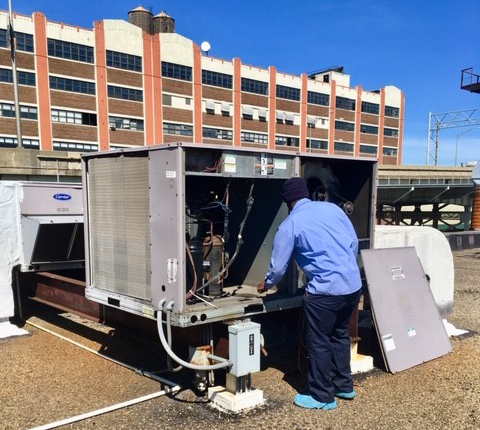Sources:
By
One of a dozen people who contracted Legionnaires’ disease after staying at or visiting a hotel in Atlanta, Ga., has died, officials said this week.
The woman, Cameo Garrett, died on July 9 from coronary artery disease, a condition that worsened after she contracted Legionnaires’ disease, Patrick L. Bailey, the director of the DeKalb County Medical Examiner’s Office, said Wednesday.
Ms. Garrett, 49, of Decatur, Ga., was among 12 people who contracted the disease after visiting the Sheraton Atlanta Hotel between June 12 and July 15, according to the Georgia Department of Public Health.
Sixty-one “probable” cases of the disease have been reported by people who visited the hotel during that time frame, Nancy Nydam, a spokeswoman for the Georgia Department of Public Health, said Wednesday.
Six “probable” cases of Legionnaires’ disease have been reported since an update that Georgia public health officials gave on July 29.
“The hotel voluntarily closed on July 15 and remains closed,” Ms. Nydam said in an email. Investigators are taking samples and conducting tests to determine the source of the outbreak, Ms. Nydam added.
Representatives for both the downtown Atlanta hotel and Marriott International, which owns the Sheraton brand, did not immediately respond to requests for comment on Wednesday evening.
“The health and safety of our guests is our greatest priority, and we are working closely with public health officials and outside experts to conduct testing to determine if there is Legionella bacteria present,” Ken Peduzzi, the general manager of the hotel, wrote in a Facebook post on July 16.
Legionnaires’ disease is a type of pneumonia that stems from the Legionella bacterium and infects the lungs. The disease is contracted by breathing in small droplets of water that contain bacteria often found on bathroom fixtures.
According to the Georgia Department of Public Health, the disease is treated with antibiotics. People who are 50 and older with a history of smoking, lung disease or weak immune systems are more likely to become ill after exposure.


